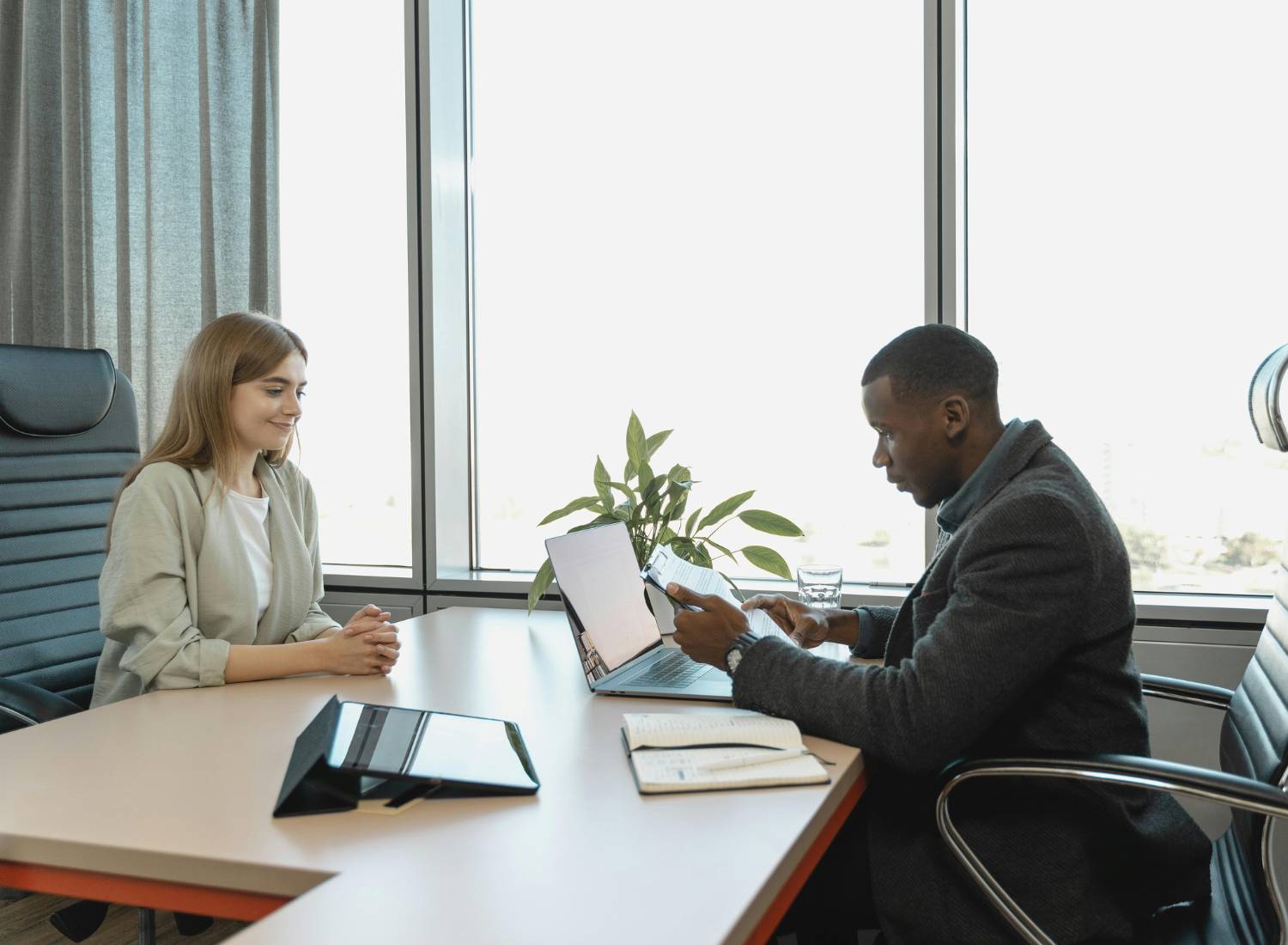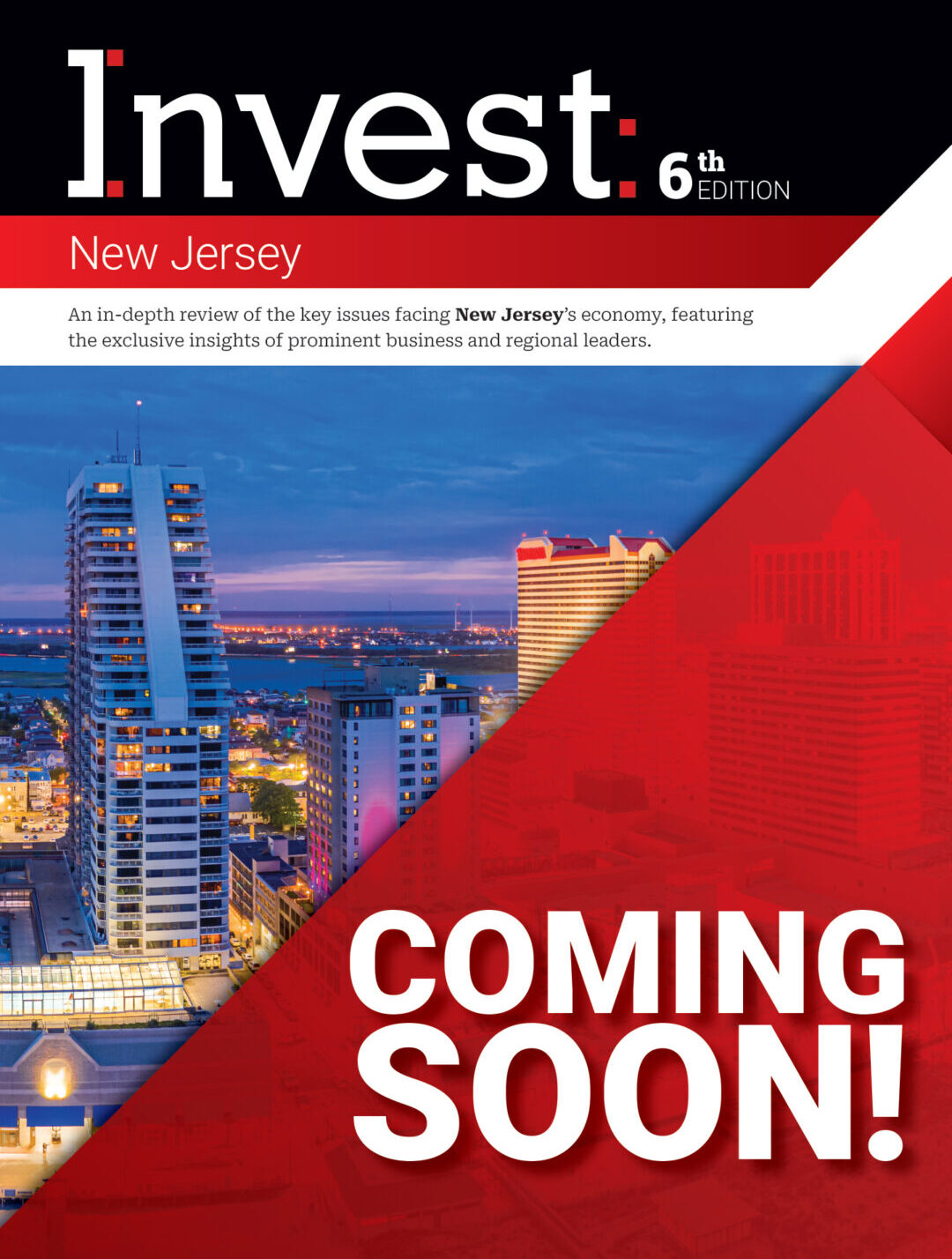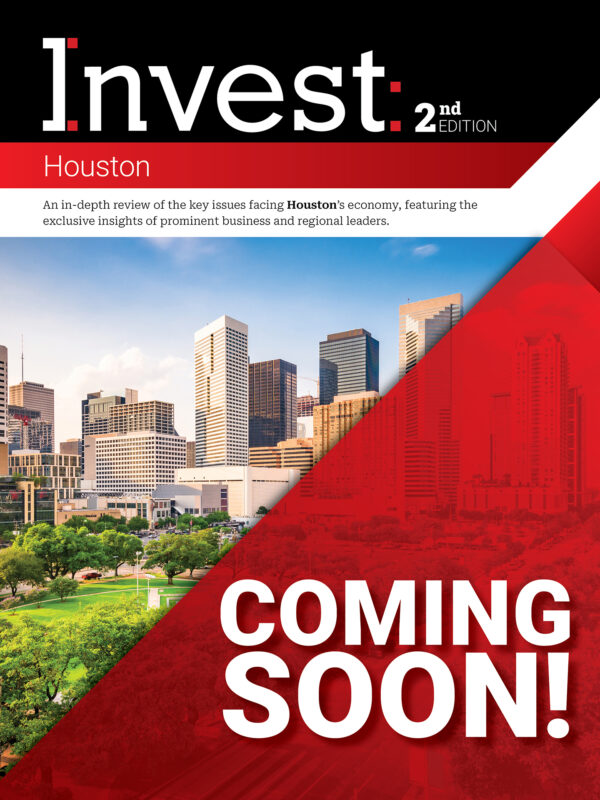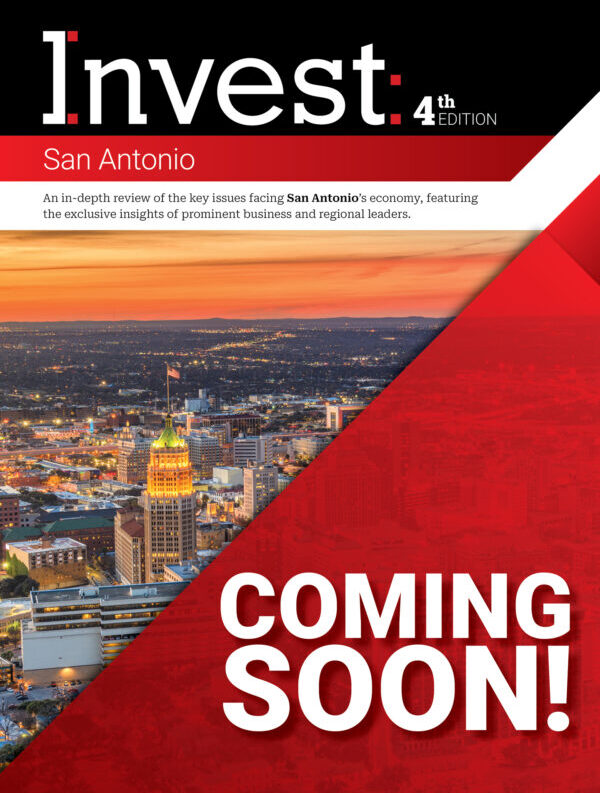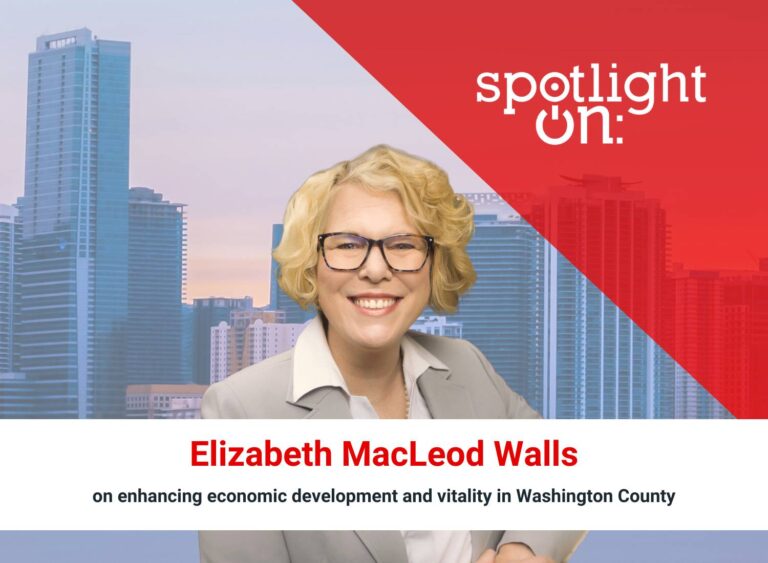Jari-Matti Mehto, President & CEO, Premix USA
In an interview with Invest:, Jari-Matti Mehto, president and CEO of Premix USA, a leader in electrically conductive plastics, discussed factors that attracted the company to Gaston County, integrating sustainability initiatives across its operations, and how it is incorporating best practices from both Finnish and U.S. manufacturing cultures.
What have been some major highlights for the company over the past 12 to 18 months?
During the last 12 months, the biggest milestone was our celebration of the opening of our office here in Apple Creek in early May. The plant construction is currently 95% complete, with some work to be concluded in early fall after some of the equipment installations are completed. However, the office area is open, and we moved here at the beginning of March. That is the biggest milestone in terms of the plant project.
We hosted a celebration here with close to 40 people, including different collaborators we have worked with on the project. We had the opportunity to fly the flags of North Carolina, the United States, and Finland. It was a great moment.
What are some of the benefits of being located in Gaston County, and what strengths does the Greater Charlotte region offer to investors and businesses?
We studied several different states and regions for the location and ended up in Charlotte because of the quality logistics. The nearby ports, the roads, and the expanding airport offer good connections throughout the United States and back to Finland for corporate travel.
Additionally, there is a similar industry in this neighborhood, providing networks and service providers that are already servicing similar industries. This is beneficial. We wanted to come into a corporate business park environment where the infrastructure was already in place.
From your perspective, does the region continue to make improvements to the local business climate?
The Gaston County Economic Development team, and everyone around the Apple Creek Corporate Business Center have been very helpful.
In the beginning, when we did not have our own people in the United States, they were very helpful in providing connections and networks to support us. Overall, it has been a very smooth process in Gaston County. All the construction-related permitting has been extremely easy because Gaston County has an interest in the business park, wanting successful, taxpaying businesses in the neighborhood.
How has the economic landscape, from interest rates to supply chain disruptions, impacted your operations and how are you strategizing around that?
When we started the project, it was in the middle of the COVID-19 pandemic, and all the pre-planning took place during that time. We had concerns about the supply chain and getting the equipment here, but it seems that things have been easing up. We have not had any major delays in construction or equipment delivery. Everything seems to be running smoothly, on time, and on budget.
We had concerns about increasing prices and inflation, but even that seems to be heading in the right direction. Initially, we were worried about finding competent labor and the high salaries, which remain high, but the availability of people is good. Overall, the environment is improving. We do not see any major problems at the moment. We are planning to recruit around 30 people, so it is not as challenging as if we were hiring 600 people.
Are there any regulatory or legislative developments you are keeping a close eye on?
In general, regarding U.S. politics, I have been wondering about two specific areas: education and healthcare. I believe these are areas where federal and state policies could improve the situation. These are basic needs for people, and addressing them could make life easier in this country. It is about maintaining a dynamic business environment while taking better care of individuals and ensuring equal treatment of basic needs in society. I lived in Canada for a couple of years. I thought that Canadians have nicely mixed American business dynamics with European, even Nordic, healthcare and societal ideals. That could be a model for some U.S. states.
How are you incorporating sustainability into your practices?
Sustainability is really at the core of the company’s strategy. Our entire strategy is based on sustainability. For example, at this plant, we are installing solar panels to power parts of the plant. We have EV chargers in the parking lot, allowing employees to charge their electric vehicles free of charge. We use a lot of recycled polymeric materials for our production. In this region, because of the other plastics-related industries, we find many good sources of recycled polymers.
We are also trying to source CO2-free electricity. In Finland, you can buy CO2-free electricity, but I am not sure if it is available in the United States or in this region. This is something we would like to pursue to ensure our entire energy supply is from CO2-free sources. We recently held a cable conference in Pennsylvania, discussing our CO2-free cable solutions, which are doing well in Europe. We hope there will be interest in the United States as well. There seems to be increasing interest in sustainability in the U.S. market. Several customers have discussed the need for recycling solutions for their scrap materials with us. Europe has been leading in this development, but it is also growing in the United States. If you do it in the right way and have a good strategic focus, it is good business. It is also necessary as we need to take care of our resources.
What is your outlook for the next two to three years and what are your top priorities within this time frame?
We will start the operations of the Apple Creek plant in the first quarter of 2025. The plant should be up and running for routine manufacturing during the second quarter. By the second half of 2025, we should be delivering products from the Apple Creek site to our U.S. customers.
Our focus will be on continuing to grow here and establishing our brand in the broader markets. We have been in the U.S. market for 30 to 35 years, primarily in the healthcare segment. Now, we are widening our portfolio to also serve the industrial segments we have been working with in Europe for over 40 years. We will continue attending trade fairs; for example, we were at the NPE2024 Trade Fair in Orlando in early May. The feedback was great, and it seems like we are a somewhat different actor than our competition here, which is positive. People notice that we look, talk, and act differently, and we hope they find a higher value delivered by Premix.
Also, it is not just about trying to import Finnish culture here. We are also trying to export some good features and practices from the U.S. manufacturing culture back to Finland. It is about mixing the good ingredients from both sides. In nature, biodiversity is beneficial for progress. We are trying to mix different people, cultures, and practices, which makes a good “soup.”
